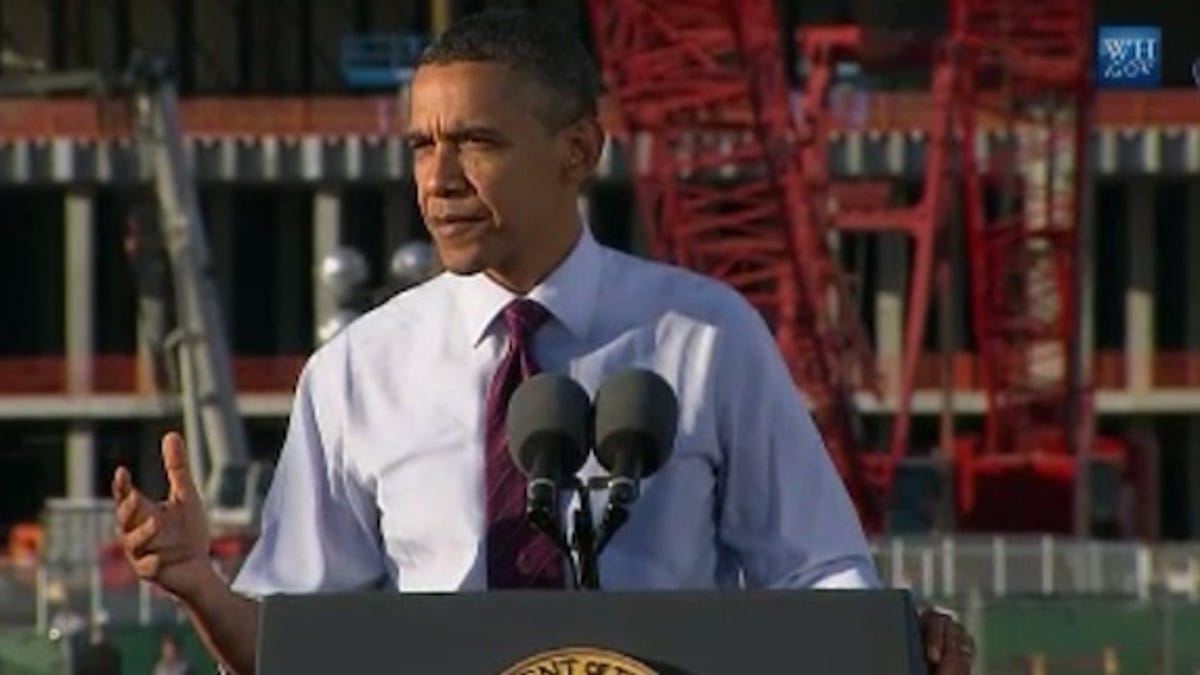Intel factories signal Windows 8, PC doldrums
Low utilization rates at Intel factories are a sign of bad times for the PC industry.

Intel isn't churning out chips at the usual rate, reflecting the PC market's downturn and the slow uptake of Windows 8, according to an analyst.
Intel's factory utilization is down around 60 percent, well below normal, said Jim McGregor, principal analyst for Phoenix based Tirias Research, in a phone interview. The news was first reported at ITWorld.
"A lot of this started in September when holiday shipments of PCs didn't go the way they expected," McGregor said. "That [60 percent utilization rate] is increasing as they burn off inventory. But they're still going to have a challenge."
The problem for Intel, the world's largest chip manufacturer, is that idle plants and idle production lines cost the company lots of money. Intel's newest factory in Arizona is not being utilized, according to McGregor.
"PC shipments are going to be lower this year and though they just signed up their first major foundry (contract manufacturing) customer, Altera, that doesn't start until at least next year. So they're going to have to struggle this year with excess capacity, " said McGregor.
"[Intel's] thinking was, at the end of 2012 we got the first true ultrabooks coming out, that's going to generate a lot of demand. And we've got Windows 8 coming out and that's also going to generate lots of demand. And we've got design wins in mobile."
"Well, guess what, three strikes," McGregor said, referring to the fact that none of those scenarios turned out as forecast.
Historically, McGregor believes Intel's factory utilization is at one of it's lowest points. "I haven't seen it this low probably since the beginning of 2000," he said.
Intel is gearing up to make its next-generation Haswell processor for laptops and tablets and its Bay Trail and Merrifield chips for tablets and smartphones, respectively.
Intel declined to comment.

